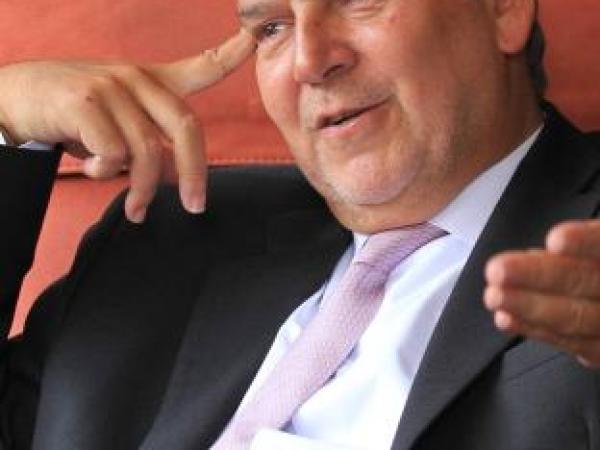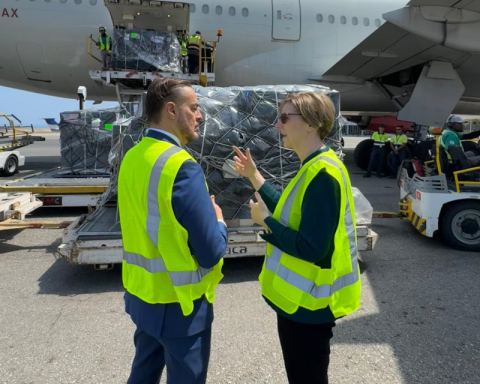This week the merchants are in their annual Congress in Cartagena with several concerns: drop in sales in September and tax reform, among others. The president of Fenalco, Jaime Alberto Cabal, He asks the parliamentarians and the Government to open the dialogue in the new stage of discussion of the project that, in his opinion, as it is, will generate a negative impact on consumption, investment and savings.
(Reform is a step towards a more equitable tax system: Ocampo).
How’s the year going?
Commerce ended up stronger in the recovery and this trend continues until August and is replicated in employment. When adding accommodation and restaurant there are 5,586,000 places, 25.2% of the country’s employment. With creative industries, cultural and entertainment activities, forms of commerce, it rises to 7,419,000, 33.4% of the total.
And September?
Unfortunately, we are beginning to see the first drops in sales. Our study of the Bitácora shows that 62% of merchants reflected reductions in sales or, at least, kept them at last year’s levels in pesos, which means less sales due to inflation compared to last year. The confidence indicator is worrying, 61% have lower or stable expectations for the coming months and the end of the year.
To what do you attribute that?
We see a mixture of the economic and political scenario. Economically, with inflation, with the measures taken by the Issuer that have made consumer credit tremendously more expensive, especially cards, there is a clear effect. The volatility and increase in the cost of the dollar, also because it generates an impact on trade imports, is also reflected in prices and that in some way discourages consumption. And politically, some government initiatives are worrying, such as the tax and labor reforms that hit commerce.
(Tax would increase the hunger of a million Colombians).
How is the tax going?
The first thing is that there was not enough and necessary debate on that presentation to listen to the members of civil society, including the unions. Regarding the content, we believe that the crossing of all taxes between natural and legal persons will generate a negative impact on consumption, investment and savings, affecting growth and employment.
In what aspects is it seen?
There’s that combination of the estate tax with the intrinsic valuation of stocks and dividends. And from natural persons, the issue of pensioners is worrying, as well as the fact that the greatest burden is on the same people who always pay taxes. It will limit the consumption capacity.
And the days without VAT?
We were very surprised that the two days without VAT for national products had been removed from the presentation. If there was fear of a WTO measure, the categories where there is more local production are chosen.
That can be solved with political will, we hope that it can be included in the second debate.
And what about sugary and ultra-processed drinks?
We have said that at a time of high inflation, any impact on food as in this case will generate additional pressure on the CPI and those most affected will be shopkeepers and consumers in popular sectors.
What would you rescue?
It goes in the right direction to strengthen the Simple Regime and eliminate the VAT exemption that international platforms have whose products are not from countries with which we have free trade agreements, in shipments of less than US$200.
What was the dialogue?
What we feel is that, rather, the propensity for dialogue began with great enthusiasm and little by little it has been diluted.
We miss a greater climate of agreement, not only from the Government but from Congress. We hope that the legislature does not act like a steamroller.
Are you on alert with the 2023 labor reform?
Worries. The calculation we have made is that it increases labor costs by 12% and if we add that, by law, the working day is reduced by one hour, each hour is an increase of 3%.
By adding the minimum wage, the trade could be increasing labor costs between 30% and 40% next year.
Constanza Gomez Guasca
BRIEFCASE


















